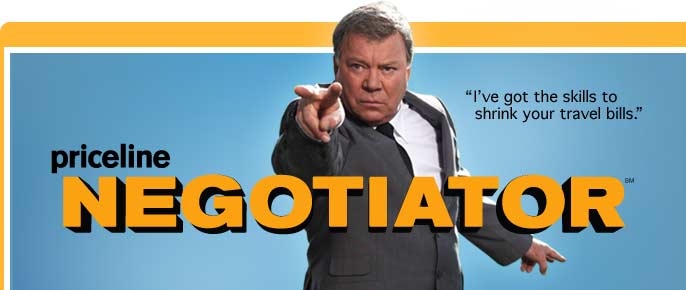 There was a report out last week, as reported by Kenneth Harney at the LA Times, that revealed some not-so-surprising information on why people walkout on their mortgage; about 26% see it as a strategic business decision.
There was a report out last week, as reported by Kenneth Harney at the LA Times, that revealed some not-so-surprising information on why people walkout on their mortgage; about 26% see it as a strategic business decision.
When negative equity rose to $50,000, 7% of those who consider
strategic defaults to be immoral said they’d walk away. At $100,000
negative equity, 22% would do so. At negative $200,000, 37% of those
with moral objections would nonetheless default, and at $300,000, 38%
said they would.
Among those who had no moral reservations, the percentages were much higher. At $50,000 negative equity, 20% said they’d walk away. At negative $100,000, 41% would do so, as would 59% at negative $200,000 and 63% at $300,000.
The researchers found that age, tenure of homeownership, the frequency of foreclosures in a person’s ZIP Code and even politics influence an owner’s willingness to bail out of a mortgage. Owners under age 35 are less likely to have moral problems with strategic defaults, as are self-described political independents, compared with Republicans and Democrats.
What is surprising in the report is that only 26% see it as a strategic business decision.
Why surprising? Because once Barney Frank and his crew enabled Fannie Mae to buy loans up to 50% or more DTI (debt to income ratio), and once Mr. Greenspan and his crew looked the other way while Mozilo and the like started writing stated-income, zero-down option ARMs, people began to view their homes as a highly-leveraged speculative investment – and well they should have! With a 15-20% annualized return and no risk, people were smart to take advantage of the American Dream. “How can it be wrong if it feels so right?”, as William Shatner says.
photo courtesy of Priceline.com

